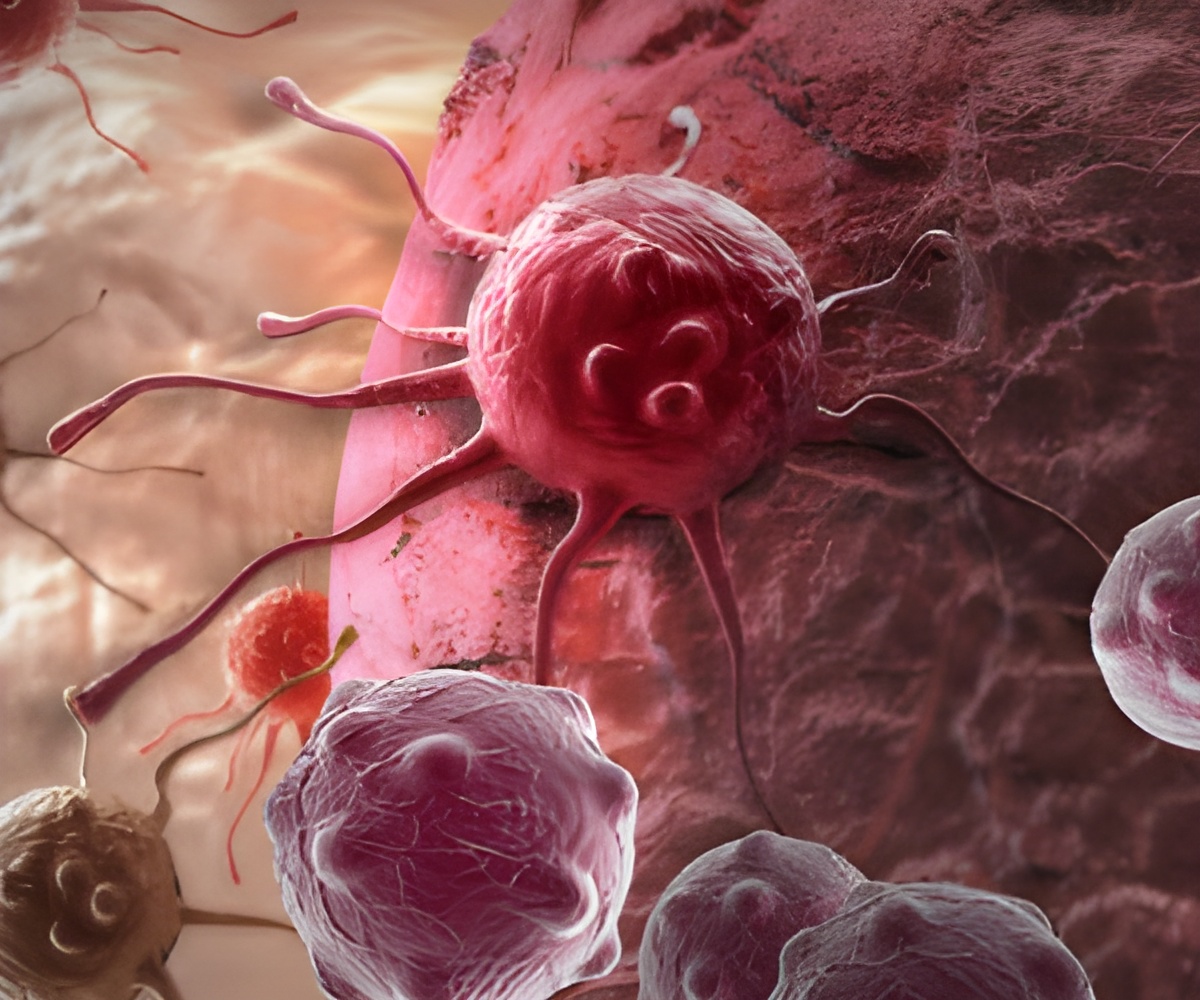
‘The action of cells that are involved in a range of viral infections and cancer can be blocked with the help of sugar-based molecules.’





Therapies that block or change the immune response are already revolutionizing the treatment of many cancers and inflammatory diseases are being investigated for use in some viral and bacterial infections.Mannose: A Sweet Option in Cancer and Viral Infection Treatment
In that way, CD206 is an important receptor in cells for immunity but can be hijacked by viruses, including Hepatitis B, Dengue Virus and HIV-1, and some cancers. For the first time, researchers have found a family of molecules that specifically target and block the activity of this receptor which could lead to new drug developments.The molecule researchers use is Mannose Receptor. It is present at the surface of key immune cells such as tissue macrophages – the specialized cells involved in the detection, and destruction of bacteria and other harmful organisms.
This receptor works by binding a range of molecules – e.g. specific sugars that decorate pathogens, as well as host molecules that need to be cleared from the circulation such as collagen.
Keeping this fact in mind, researchers designed synthetic multivalent sugar molecules (glycopolymers) that block the ability of the Mannose Receptor to shuttle between the surface of the cell and internal cellular compartments.
Trapping the receptor within the cell can inhibit its function. This has exciting implications for potential new treatments as the Mannose Receptor is an important therapeutic target in cancer and infectious diseases.
Advertisement
Source-Eurekalert















